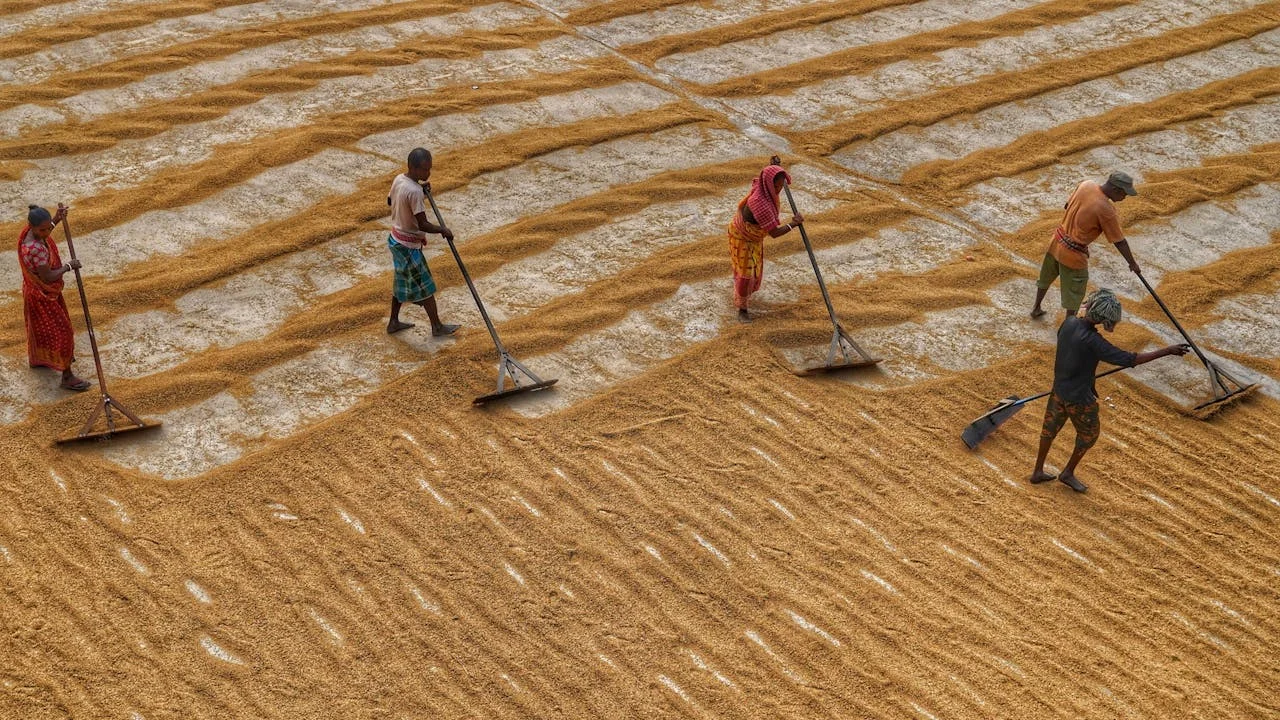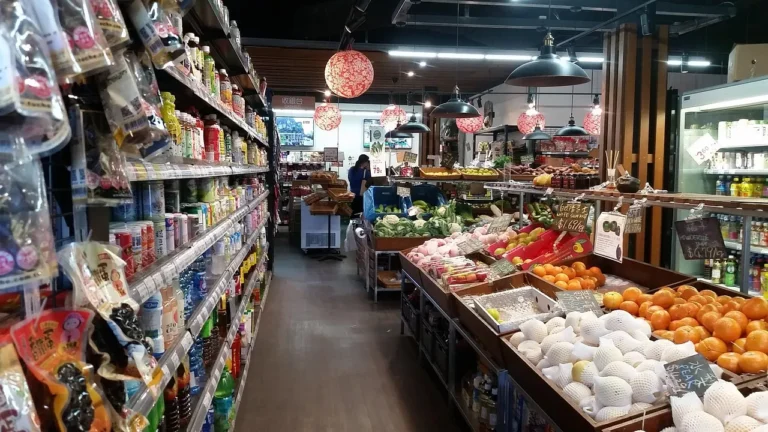
Bank Iowa has unveiled the latest insights from its annual survey of Iowa farmers through the Bank Iowa Ag Index, which gauges sentiments on a range of issues concerning the agricultural sector, from the state of the ag economy to the future plans for individual farms.
A comprehensive report analyzing the survey data is accessible at bankiowa.bank/agindex. Key highlights from the survey are as follows:
- Despite the soaring values of farms, the vast majority of owners have no intentions of selling. A staggering ninety-nine percent indicated they have no plans to sell within the next one to two years, despite forty percent receiving at least one offer annually.
- A significant portion of farmers, ninety-two percent, regard their farms as family businesses, with seventy-nine percent intending to transfer ownership within the family. However, a concerning trend emerges among farmers who have exceeded their anticipated tenure, with forty-four percent attributing this to the absence of a clear successor or lack of interest from the younger generation.
- While only twenty-six percent of farmers currently employ workers, the primary challenges in managing a workforce revolve around “finding qualified individuals” and “cost,” both cited by twenty-seven percent, with “general labor availability” ranking as the third most common concern.
- There’s a noticeable uptick in the adoption of technology to streamline operations and replace manual labor, with sixty-three percent of farmers now utilizing automation, a significant increase from forty-five percent in 2023.
- Farmers express satisfaction with their technological investments, with ninety-four percent stating that technology meets their expectations. Additionally, ninety-one percent report experiencing at least a slight (thirty-six percent) or significant (fifty-five percent) improvement in output.
- Regarding their farms’ financial standings compared to the previous year, opinions are mixed: fifty-two percent perceive it to be the same, forty percent believe it has improved, and eight percent feel it has worsened.
- Farmers’ assessments of their operations’ performance appear to correlate with their perceptions of Iowa’s agricultural economy. Roughly half (48%) view the Iowa ag economy as on par with the national average. The remainder is divided between those who consider it better (30%) or worse (22%) than other states.
- Farmers’ cautious optimism about the agricultural economy may influence their plans to enhance their operations. However, these enhancements are likely to be moderate, as forty-seven percent indicated that their approach to improvements will be conservative.





